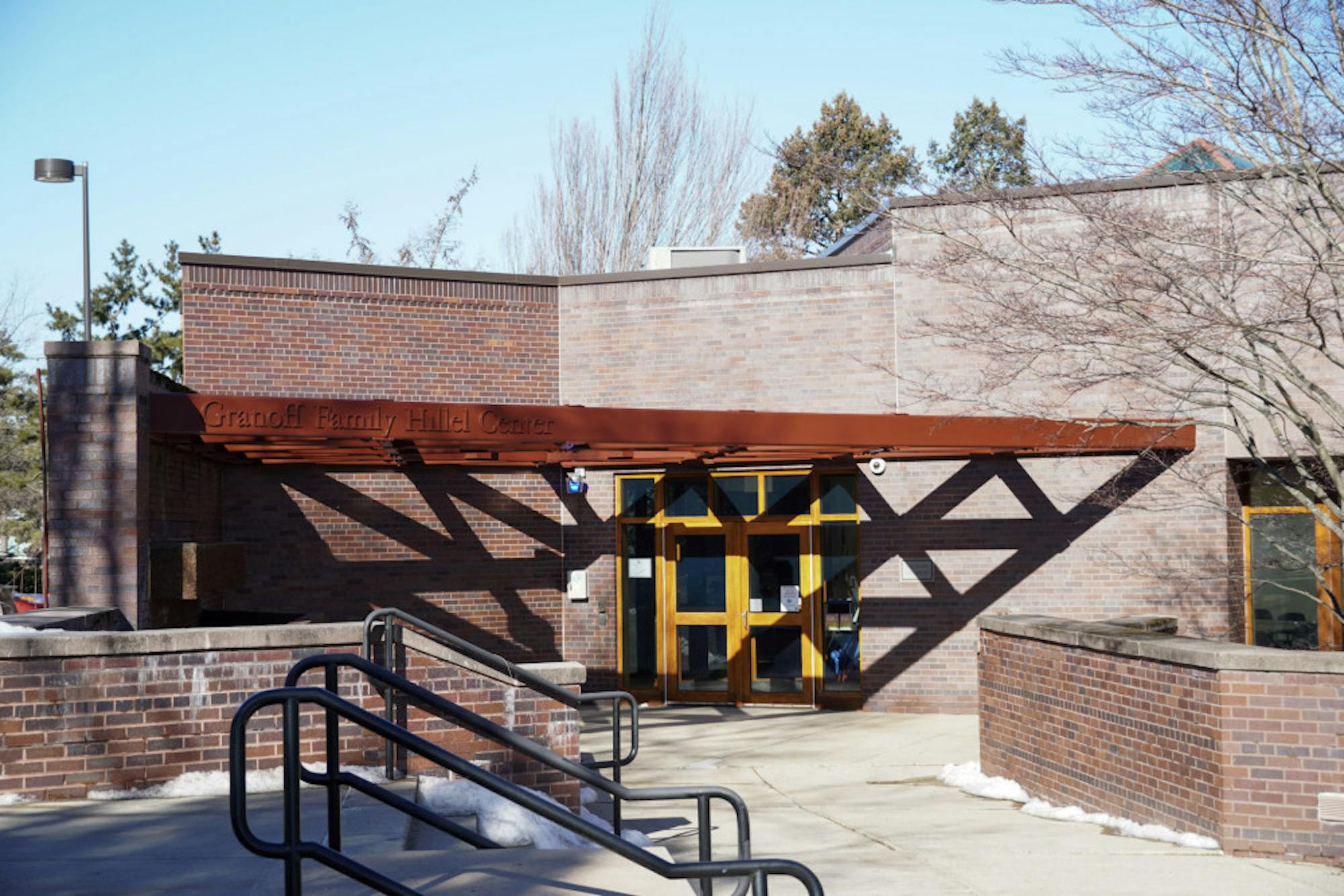In an email to the Tufts community on Jan. 20, the Office of the President announced some of the recommendations that a committee of Tufts administrators and board members, Hillel International andTCC Group, an external consulting firm that implements social impact solutions, proposed after conducting an assessment of the prevalence of antisemitism on Tufts' campus. To address the concerning findings, University President Anthony Monaco shared a number of proposed solutions ranging from further education and bias awareness programs to the creation of a university-wide council of faculty and staff to advise the senior leadership team.
The report found that most members of the Tufts community, including a majority of Jewish respondents, feel that Tufts is a good place for Jewish students. However, over half of the Jewish respondents reported witnessing antisemitism at Tufts.
According to the email, the effort initially focused on undergraduate students but ultimately heard concerns through focus groups comprised of students, faculty, staff, alumni and trustees. The email, while optimistic, indicated a very real and troubling presence of antisemitism on Tufts’ campus. Some students reported attempting to hide their Jewish identities in order to be welcome in student groups, while faculty respondents noted the difficult line between political and antisemitic speech, especially in relation to recently heightened political issues such as the Palestinian-Israeli conflict.
Hillel Student Board President Allison Cohen and Executive Vice President Jess Friedman, both seniors, echoed the concerns and call to action that are highlighted in the email.
“We are very concerned about the findings," Cohen and Friedman wrote in a joint statement to the Daily. "Antisemitism is unfortunately present at Tufts and needs to continue to be addressed and ultimately eradicated."
Though the findings of the campus climate assessment reveal a concerning presence of antisemitism at Tufts, the email remained optimistic for the community’s future, focusing on a proposed course of action to address and eradicate antisemitism.
Patrick Collins, executive director of media relations, spoke to the importance of the current and future support of existing framework to reduce antisemitism on campus.
“There is a great deal of good will and commitment in our community to eliminate antisemitism from our campuses,” Collinswrote in an email to the Daily. “We have structures already in place that are critically important to this effort, such as the Office of the Chief Diversity Officers and the Cabinet on Diversity, Equity and Inclusion. Other offices – such as the Dean of Student Affairs and the Office of Equal Opportunity – will continue to play important roles.”
Collins explained that, in addition to the role of these offices, the Office of the President will be taking more steps to adopt the recommendations made by the committee.
“We are in the early stages of assembling a university-wide advisory council of faculty and staff who will advise the senior leadership team on the best ways to approach the implementation process,” Collins wrote.
Cohen and Friedman said that Hillel is optimistic about the committee’s recommendations and the university’s efforts to resist antisemitism.
“We are very encouraged by President Monaco’s leadership in taking on this comprehensive survey on antisemitism and for his commitment to implementing its recommendations,” Cohen and Friedman wrote.
As another first step, Tufts has joined Hillel International’s Campus Climate Initiative to learn practices and solutions from peer institutions.
“We are also encouraged that the administration, along with Tufts Hillel, is part of the Campus Climate Initiative," Cohen and Friedman wrote.
“With our engagement with CCI, we will be able to learn from the other 18 institutions in this year’s cohort, which will help us respond to the recommendations that the ad hoc committee has made,” Collins wrote.
The CCI initiative is yearlong and helps higher education leaders develop plans to meaningfully improve their campus climates, with the goal of eliminating antisemitism.
Collins also elaborated on other courses of action, including dialogue, education and training, proposed by the committee and outlined in the president’s email.
“As part of our response to the ad hoc committee’s recommendations, we will be enhancing our education and training for students, faculty and staff on what is considered antisemitism and antisemitic speech,” Collins wrote. “We also will be promoting conversation, dialogue, and discussion forums on understanding better the geopolitical situation in the Middle East, which often influences how antisemitism manifests itself at our university.”
Collins stressed the important role undergraduate students play in fighting antisemitism, with Cohen and Friedman echoing the importance of continued action in response to the survey results.
“The survey and recommendations are a great start, and we hope that the university will continue with their efforts to act on the recommendations that emerged from the survey with full transparency,” Cohen and Friedman wrote.
As the university continues to polish and implement their solutions, self-reflection and individual action will remain of paramount importance to the success of these solutions and Tufts’ social climate as a whole.
“The most important thing any member of our community can do ... is to be vigilant and speak up if you see an act of antisemitism,” Collins wrote. “We all play a part in ridding our community of antisemitism and in making it clear to all members of our community that they are welcome and safe here.”






